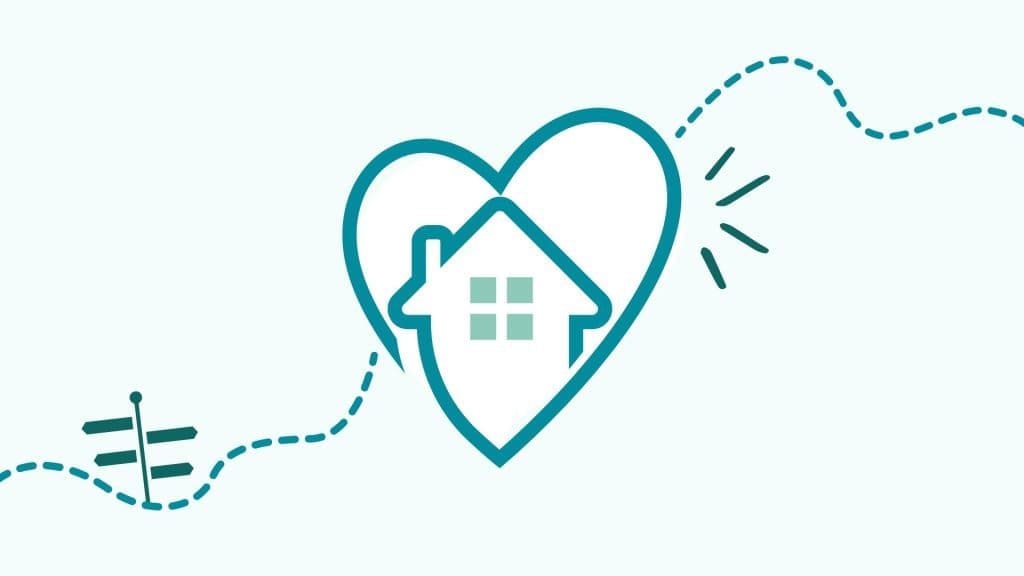The Function of Home Care Providers in Australia in Supporting NDIS Plan Managers and Caregivers
The Function of Home Care Providers in Australia in Supporting NDIS Plan Managers and Caregivers
Blog Article
How In Home Treatment Givers Address the One-of-a-kind Obstacles and Psychological Requirements of Households Seeking Support for Their Relatives
In-home caregivers play a crucial role in browsing the intricacies faced by households seeking support for their loved ones. By comprehending distinct family dynamics and giving tailored psychological assistance, these professionals not just address immediate treatment needs however likewise foster a setting of depend on and open communication (home care providers).
Understanding Family Characteristics
Recognizing household dynamics is critical for offering effective at home treatment, as each family runs within a special set of interactions and connections. These characteristics incorporate different elements, including interaction designs, duties, and power frameworks that affect how care is delivered and gotten. The caregiver should identify these elements to make certain that care plans align with the household's values and expectations.
Different families may exhibit unique patterns of interaction, such as hierarchical structures or collaborative techniques. In some households, a key decision-maker may hold substantial impact, while in others, decisions may be a lot more democratic. Understanding these patterns helps caretakers customize their techniques to fit the family members's certain demands.
Additionally, cultural backgrounds play an essential role in forming family characteristics. Caregivers ought to be culturally proficient, acknowledging and respecting varied methods and ideas that might affect treatment choices.
Ultimately, a comprehensive understanding of family members dynamics facilitates boosted communication, fosters trust fund, and improves the caregiver's capability to support the family properly. By identifying the complex web of partnerships and obligations, caretakers can produce a helpful environment that promotes wellness for both the individual getting treatment and the household as a whole.
Offering Emotional Assistance
Offering psychological support is a crucial component of at home treatment that substantially boosts the well-being of both the private receiving care and their member of the family. In the context of caregiving, psychological support entails active listening, compassion, and recognition of sensations. Caretakers are trained to recognize the psychological struggles that households face, such as isolation, regret, and stress and anxiety, and to give a compassionate existence that relieves these burdens.
By promoting open interaction, caretakers produce a secure room for family members to share their fears and issues. This discussion not only motivates emotional release but additionally strengthens depend on between the family members and the caretaker. Furthermore, caregivers can provide functional strategies to aid family members handle stress and promote durability.

Eventually, the emotional support supplied by in-home caretakers boosts the lifestyle for both clients and their households, advertising an extra compassionate and understanding caregiving atmosphere. This holistic technique makes certain that psychological needs are dealt with together with physical wellness considerations.
Handling Daily Care Tasks
Taking care of everyday treatment tasks is a critical element of in-home care that makes certain individuals obtain the assistance they need to keep their wellness and self-reliance. Caretakers play an important duty in helping with tasks of daily living (ADLs), which consist of showering, linked here dressing, brushing, and dish preparation. By handling these responsibilities, caregivers assist minimize the emotional and physical worries that families might face while taking care of their loved ones.
Along with personal treatment, caretakers are likewise tasked with drug management, making certain that clients stick to suggested routines and dosages. This oversight is essential for preserving health and wellness and protecting against adverse effects from missed or inaccurate medicines. Caretakers often aid with movement, offering assistance for customers relocating around their homes, consequently lowering the risk of drops and enhancing overall safety.

Cultivating Open Interaction
Efficient administration of day-to-day treatment tasks typically rests on the quality of interaction between caregivers, customers, and their family members. Open up interaction fosters a setting where worries, preferences, and responses can be easily exchanged, ensuring that care is customized to fulfill specific requirements. Caretakers must prioritize normal check-ins with both clients and their households, facilitating conversations that resolve any type of concerns or changes in treatment requirements.
Using various interaction methods-- such as in browse around here person meetings, phone telephone calls, and composed updates-- can enhance understanding and give family members with comfort. It's crucial for caregivers to actively pay attention, demonstrating compassion and respect for the emotional landscape of the family members. Motivating concerns from member of the family can also assist clear up treatment strategies and strengthen the caregiver's commitment to transparency.
Moreover, preserving open lines of interaction enables caretakers to identify and react without delay to any kind of changes in a client's wellness condition or psychological health. This proactive technique not only enhances the caregiver-client vibrant yet likewise encourages households to take part actively in the care process. Eventually, fostering open communication is crucial for enhancing the high quality of at home care and promoting a supportive atmosphere for all involved.
Building Trust and Relationships
Trust is the cornerstone of effective at home treatment, as it develops a foundation for significant partnerships in between caretakers, customers, and their family members. Building this trust fund requires constant, transparent communication and a real dedication to the wellness of those included. Caregivers must show integrity with punctuality, adherence to care plans, and responsiveness to the demands and choices of clients.
To promote trust, caregivers need to involve in energetic listening, making certain that households feel heard and recognized. This includes not only dealing with prompt worries however likewise anticipating future needs, thereby encouraging family members and boosting their sense of control. Developing relationship via shared experiences and considerate interactions can further solidify these relationships.
In addition, caregivers have to be educated to recognize and resolve the emotional intricacies dealt with by families. By revealing compassion and empathy, they can reduce unpredictabilities and worries, reinforcing depend on. Normal updates and check-ins with family members can likewise enhance openness, permitting them to feel engaged and informed regarding their enjoyed one's care.
Inevitably, developing trust fund and nurturing connections in in-home treatment is a collaborative process that significantly affects the top quality of care supplied, fostering a helpful environment that profits every person involved.
Verdict
By understanding family members dynamics, supplying psychological support, and promoting open communication, caretakers look what i found enhance the general caregiving experience - ndis support coordinator. Their capability to manage daily care tasks while building trust fund and solid partnerships grows a helpful environment for customers and their households.
Comprehending family dynamics is crucial for giving reliable in-home care, as each family members runs within a special set of interactions and relationships.Supplying psychological support is a vital element of in-home care that considerably improves the health of both the specific obtaining treatment and their family members. By taking on these duties, caregivers aid alleviate the physical and emotional burdens that family members may face while caring for their loved ones.
Reliable monitoring of day-to-day treatment jobs frequently pivots on the high quality of communication in between caretakers, clients, and their households - ndis support coordinator.Trust fund is the keystone of effective in-home care, as it develops a foundation for significant partnerships between caretakers, clients, and their family members
Report this page